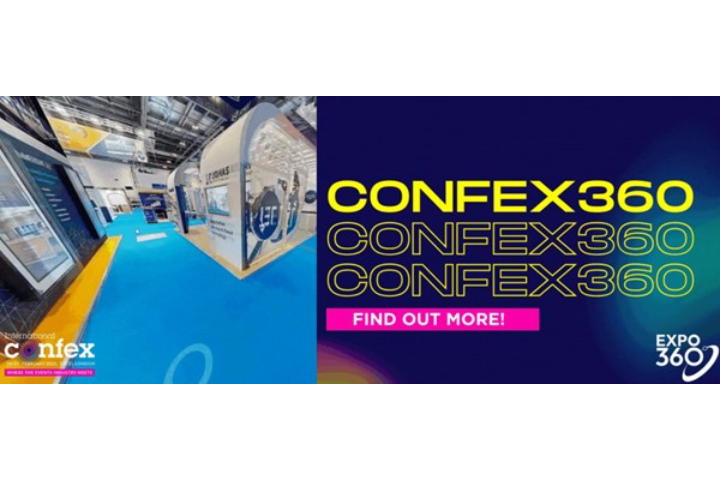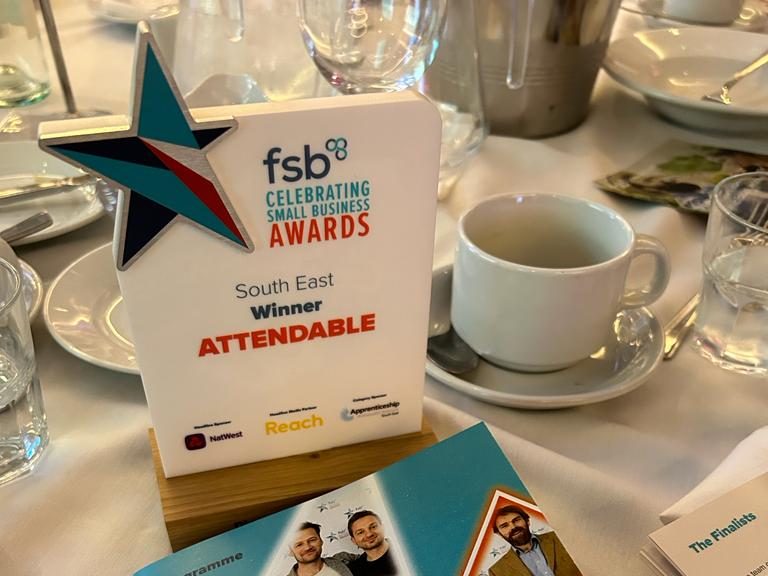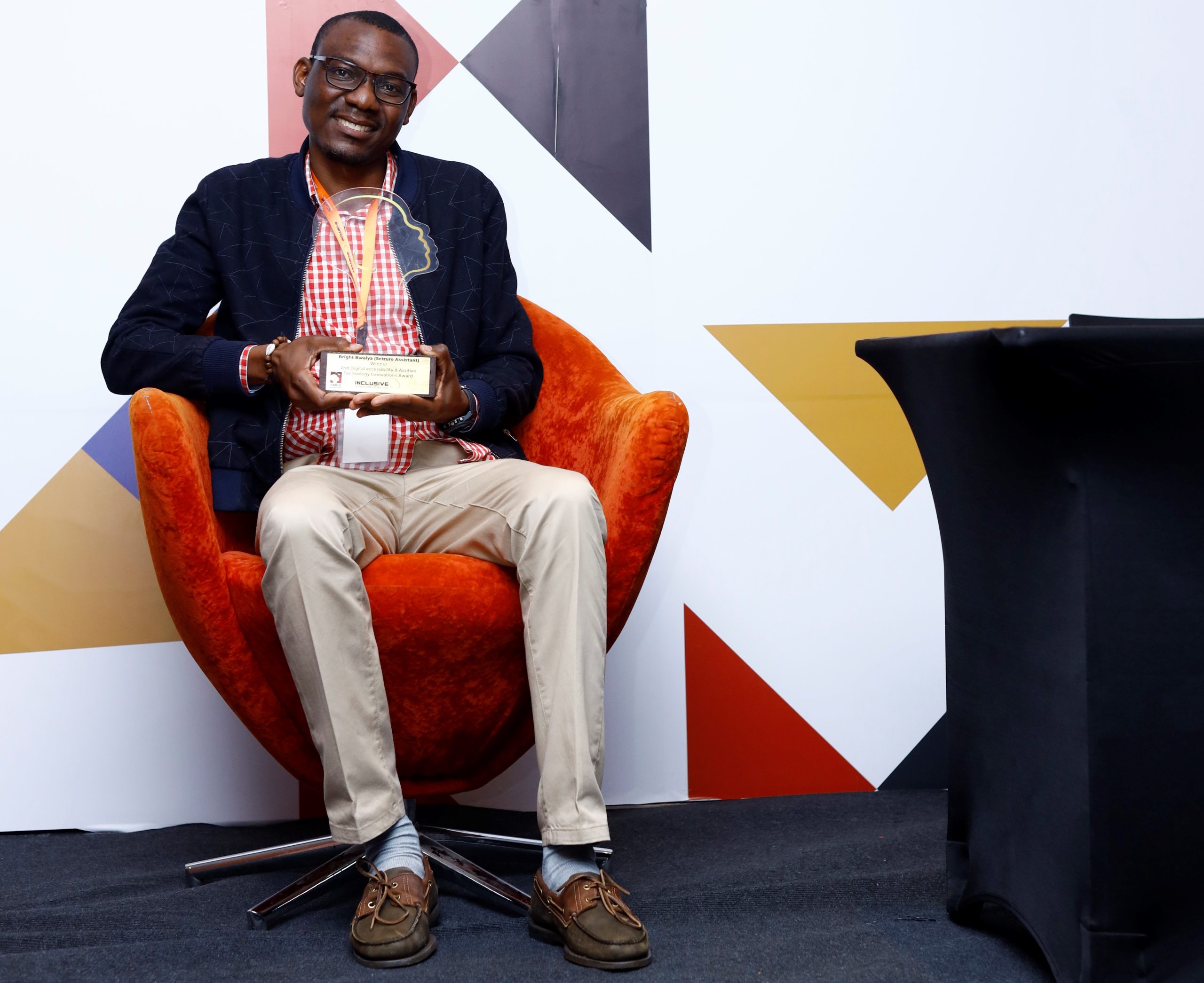As a disabled CEO, I know how many barriers there are to reach this point. I have Ehlers Danlos Syndrome, a connective tissue disorder that means I live with chronic pain and fatigue. The ‘normal’ 9-5 Monday – Friday isn’t possible for me. I’ve been disabled since the age of 12, meaning that though I was academic and bright, I was unable to access college (the lift was for ‘wheelchair users only’) and unable to attend a traditional university. I ended up studying with the open university in biology, chemistry and social services in an open degree from my bed and the sofa, often working into the night when my brain was most awake.
During this time, I also started volunteering for an organisation called City Girl Network. Over the course of four years, I moved my way up from volunteer community manager to Chief Operating Officer. I managed a team of over 200 people and grew the organisation’s membership by over 3000%! But when I left to pursue a career in my newly acquired degree, I lasted three months in a junior role before I was fired for asking for reasonable adjustments- which only a few weeks later they would implement company-wide at the start of the pandemic.
The birth of Sick In The City (SIC)
I knew that with all of my confidence, ability and advocacy, If I had gone through that, there would be others out there too. I spent the first year of the pandemic learning about what career support was available and how around 10% of the working-age population is disabled and unemployed in the UK. Sick In The City (SIC) first launched as a magazine, sharing my life as a disabled person who was ‘sick in the city’, and quickly evolved into a work experience platform where we supported people who were looking for accessible work experience to develop their creative portfolio while also receiving 1-2-1 mentoring, CV and interview support.
SIC quickly grew when Alice joined me as Chief Operating Officer in 2022, as we launched our learning hub for all disabled, neurodiverse and chronically ill people in the UK – and in order to support the funding of our work, we launched a business consulting arm, at first match-making our talent with tremendous success, and then into workshops, project support and more. For us, it’s about ensuring that we’re creating a circular solution to the disability employment gap – training great talent and getting them ready for the workplace, and also getting workplaces accessible and inclusive ready for them.
What I need as a disabled speaker at events
Winning a RIDI Award and then attending the RIDI Showcase in April was a powerful experience for me. Winning the award last year was a huge moment that made us take a good look at everything we had achieved over the past two years. Of course, being able to attend the showcase event without having to worry about access made the event so much more enjoyable – you never know what you’re going to walk into with events and whether or not you’re even going to be able to attend.
A testament to the Attendable team was that the entire process, from agreeing to speak, to showing up, was completely accessible. Events like this, which prioritise accessibility, make it clear that it is possible to create inclusive environments that don’t put disabled people at a disadvantage.
As a speaker, I have certain necessary access needs to ensure that I can participate fully. These include having an agenda beforehand, using slides as note prompts, and having a chair and somewhere to sit if needed. These might seem like small things, but they make a big difference in allowing me to focus on delivering my message and not worrying about how my disability might affect my ability to communicate effectively.
Breaking down barriers
Breaking down barriers for disabled people is a cause that is very close to my heart. I firmly believe that disability should not be a barrier to success and that with the right support and accommodations, disabled people can thrive in the workplace – and contribute to broader business conversations. By sharing my experiences and advocating for accessibility and inclusivity, I hope to inspire others to break down those barriers too.



















































